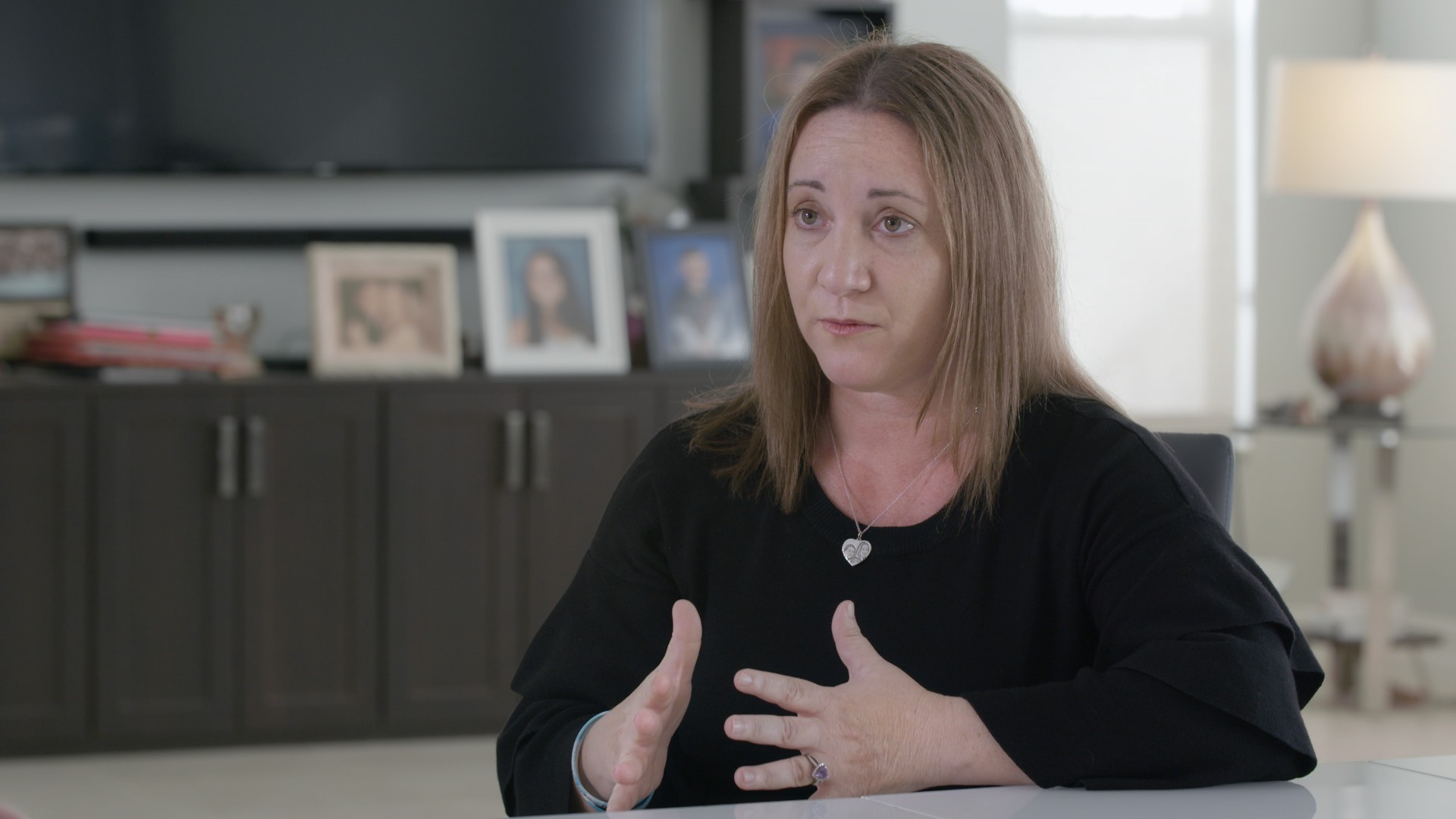Want the best of VICE News straight to your inbox? Sign up here.Parkland shooting survivors just rolled out a massive political platform for curbing gun violence.The hope is that 2020 presidential candidates will pick up the “Peace Plan for a Safer America,” which calls for an assault weapons ban and a national firearms registry. The movement, built by survivors of the shooting that killed 17 people at Marjory Stoneman Douglas High School in Parkland, Florida, sparked a nationwide youth protest just one month after the tragedy struck.The organization’s proposal, unveiled Wednesday morning, goes further than just proposing gun control. The platform also includes proposals for suicide and domestic violence prevention programs, training police officers in conflict resolution, and a new Peace Corps for Violence Prevention called “Safety Corps” that focuses on criminal justice and poverty programs.“It’s bold. It’s nothing like anyone else is proposing. We are really setting audacious goals,” Tyah-Amoy Roberts, a Parkland survivor and March for Our Lives board member, told the Washington Post. “And more than anything, what we are seeking to do is be intersectional. We know and acknowledge every day that gun violence prevention is not just about preventing mass shootings.”Here’s what else the plan includes: Cover image: David Hogg and Emma Gonzalez, survivors of the Marjory Stoneman Douglas High School shooting in Parkland, Fla., assemble on the East Front of the Capitol during a rally to organize letters to be delivered to congressional offices calling for an expansion of background checks on gun purchases on Monday, March 25, 2019. (Photo By Tom Williams/CQ Roll Call via AP Images)
Cover image: David Hogg and Emma Gonzalez, survivors of the Marjory Stoneman Douglas High School shooting in Parkland, Fla., assemble on the East Front of the Capitol during a rally to organize letters to be delivered to congressional offices calling for an expansion of background checks on gun purchases on Monday, March 25, 2019. (Photo By Tom Williams/CQ Roll Call via AP Images)
Advertisement
- A 10-day waiting period and in-person interviews before purchasing any gun, conducted through a restrictive national licensing and gun registry overseen by the federal government and local law enforcement agencies. The gun-owner would also pay a licensing fee to fund the new registry.
- A “national director of gun violence prevention” position that reports directly to the president. According to March for our Lives, the role would “operationalize our federal goals” and work with the Bureau of Alcohol, Tobacco, Firearms and Explosives, The Department of Health and Human Services, and the Centers for Disease Control and Prevention.
- A ban on assault weapons and high-capacity magazines.
- Raising the minimum age for gun ownership to 21, while people with a history of felony convictions, domestic violence, hate crimes, stalking or threats would be barred from obtaining a gun license.
- A national gun buyback program to reduce the nation’s firearm stocks.
- A ban on online firearm and ammunition sales or transfers.
- An IRS and FEC investigation into the National Rifle Association.
